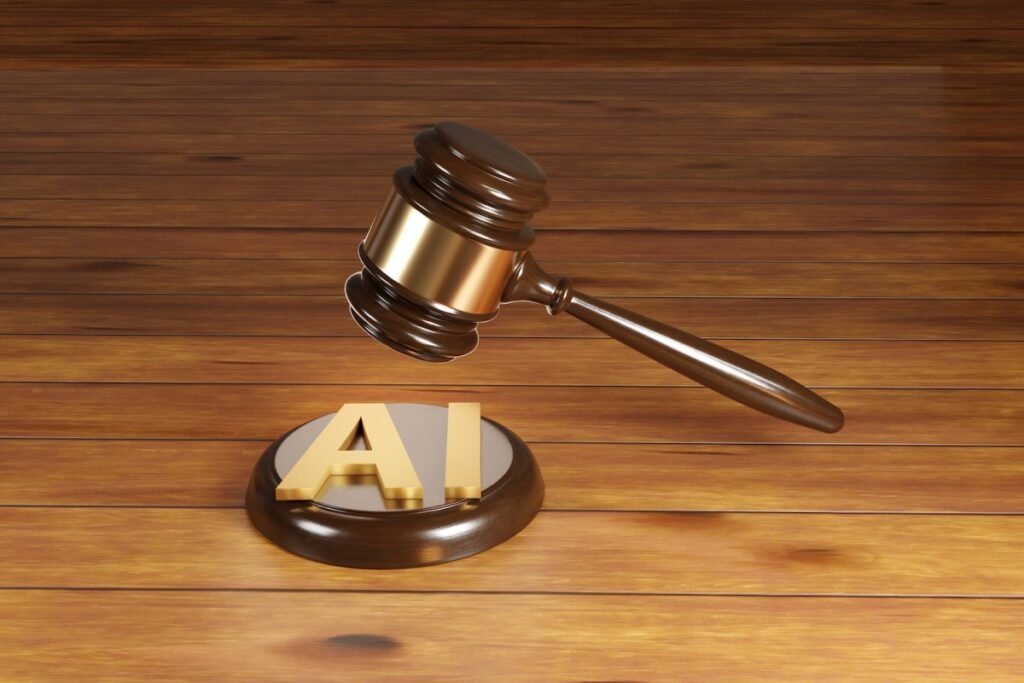The England and Wales High Court said lawyers need to take stronger steps to prevent abuse of AI.
In his ruling that ruled both cases, Judge Victoria Sharp wrote that generative AI tools such as Chatgpt “cannot conduct reliable legal research.”
“A tool like this can produce consistent and reasonable responses to cues, but those coherent and reasonable responses may be completely incorrect,” Judge Sharp wrote. “The response may make people assert confidently, and this is simply untrue.”
This does not mean that attorneys cannot use AI in their research, but she said they have a professional responsibility to “check the accuracy of such research by referring to authoritative sources before using authoritative sources in their professional work.”
Judge Sharp suggested that a growing number of lawyers (including attorneys representing major AI platforms in the United States) citing cases that seem to be false in AI generation, suggesting that “more needs to be done to ensure guidance is followed and the court’s attorneys are followed and the court’s duties are abiding by the court,” she said, and her ruling would lead to professional committee law firms, including law firms, including lawyer committees.
In the case in question, a lawyer seeking damages on behalf of a man submitted 45 cited files – 18 of which did not exist, while many others “do not contain quotes attributed to them, do not support the propositions they were cited, and have nothing to do with the subject of the application,” Judge Sharp said.
On the other hand, a lawyer representing a man who was expelled from his London home wrote a court citing five cases that did not appear to exist. (The lawyer denied using AI, although she said the citations could come from AI-generated abstracts that appear in “Google or Safari.”) Judge Sharp said that although the court decided not to initiate a contemporary lawsuit, it was not a “precedent.”
She added: “A lawyer who does not comply with his professional obligations in this regard.
Both lawyers are known as professional regulators. Judge Sharp pointed out that when lawyers fail to perform their duties, the court’s power goes from “public admonition” to imposing fees, defiance of lawsuits, and even “referral to police.”
